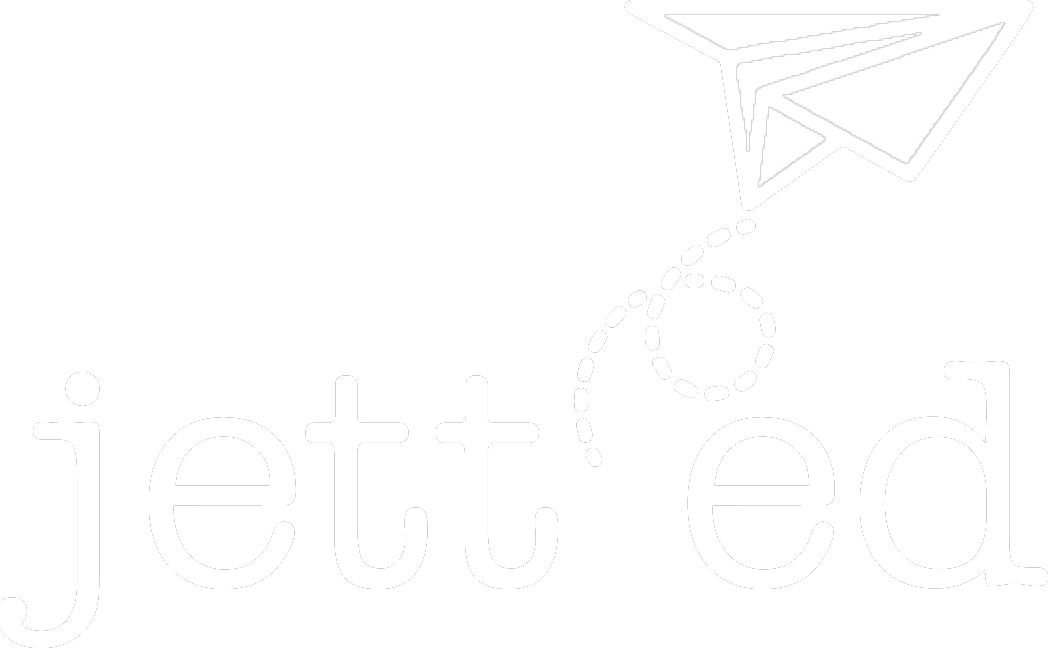Is your Student Overwhelmed By Projects?
We had a student in our office this week who came in almost in tears over some school projects. He was paralyzed by the word “project” and the work he associated with having to complete them. We’ve all been there; whether it’s a test, project for school or presentation for work. And, we all react differently…as for me, my personal favorite coping mechanism is procrastination.
For this particular teen, he just couldn’t get his arms around what he had to do, and how he should get started. So, here’s our approach. First, make sure you take a few deep breaths, have a snack and sit in a distraction-environment.
- Review the assignment: we had him take out the actual assignments for school and he read them out loud. As an adult, or parent you may scoff at this, but it’s important for students to actually read (which they often skip) the details of the directions.
- Get to the Specifics of the project: we started getting into the specifics of what had to be done. He wrote down the actions required as well as due dates for the assignments. One of his projects had multiple steps which required research, an outline, and some other steps.
- Step by Step: After we got to the details, we chart out the project into steps. For example, one of the projects required listening to various music pieces, so he wrote “Step 1. listen to music pieces” with a guesstimate of how long that would take.
- To-Do List: Make a list of all the required steps based on your chart. Each item needs to have a due date, this is critical for the success of the project. This may seem like a lot of planning, but guess what, each of these steps helps your student remember the information and process what needs to be done.
- Planning: Once your list is done (with dates!), grab your planner. If the project is due in 2 weeks, you start there, put the project due date in and work backwards. You will need to assign yourself a date for each of the items on your to-do list.
- Use your planner: You must check your calendar every day! It’s critical for all subjects and assignments, big or small, but everything your student does from school work to soccer practice to an orthodontist appointment should be in the planner. This way he or she can visualize the work that needs to be done and assess what each day might look like AHEAD of time.
- Stay on Track: We check in with students on a weekly basis (sometimes twice a week, if needed) to ensure that they are following their to-do-list, using their planner. It takes some practice, but it’s doable. We recommend that you do this with your student, or have someone else help…like Jett Ed!
In this particular case, once this teen saw what was required in a step-by-step format his demeanor completely changed. And, the best part was that he got started on his first to-do item right away (once he realized it was small and tangible).
Have more questions? Need help? email us!

